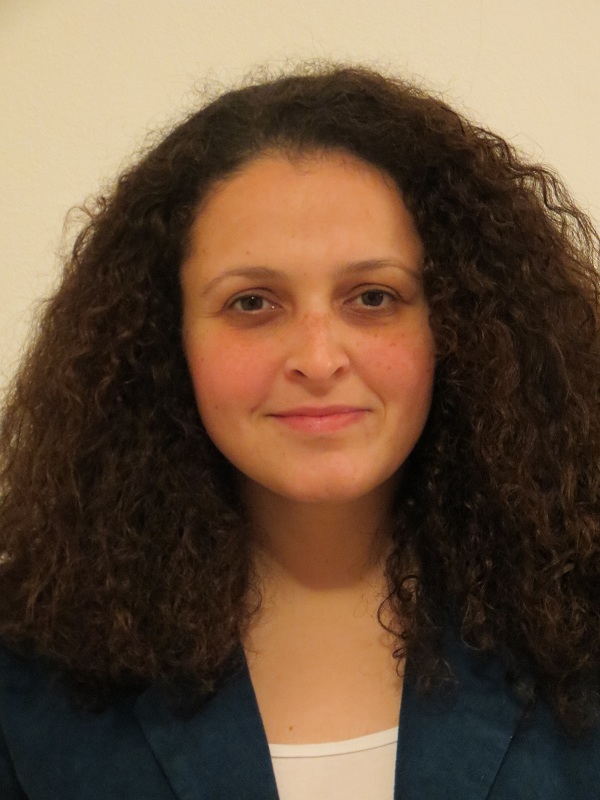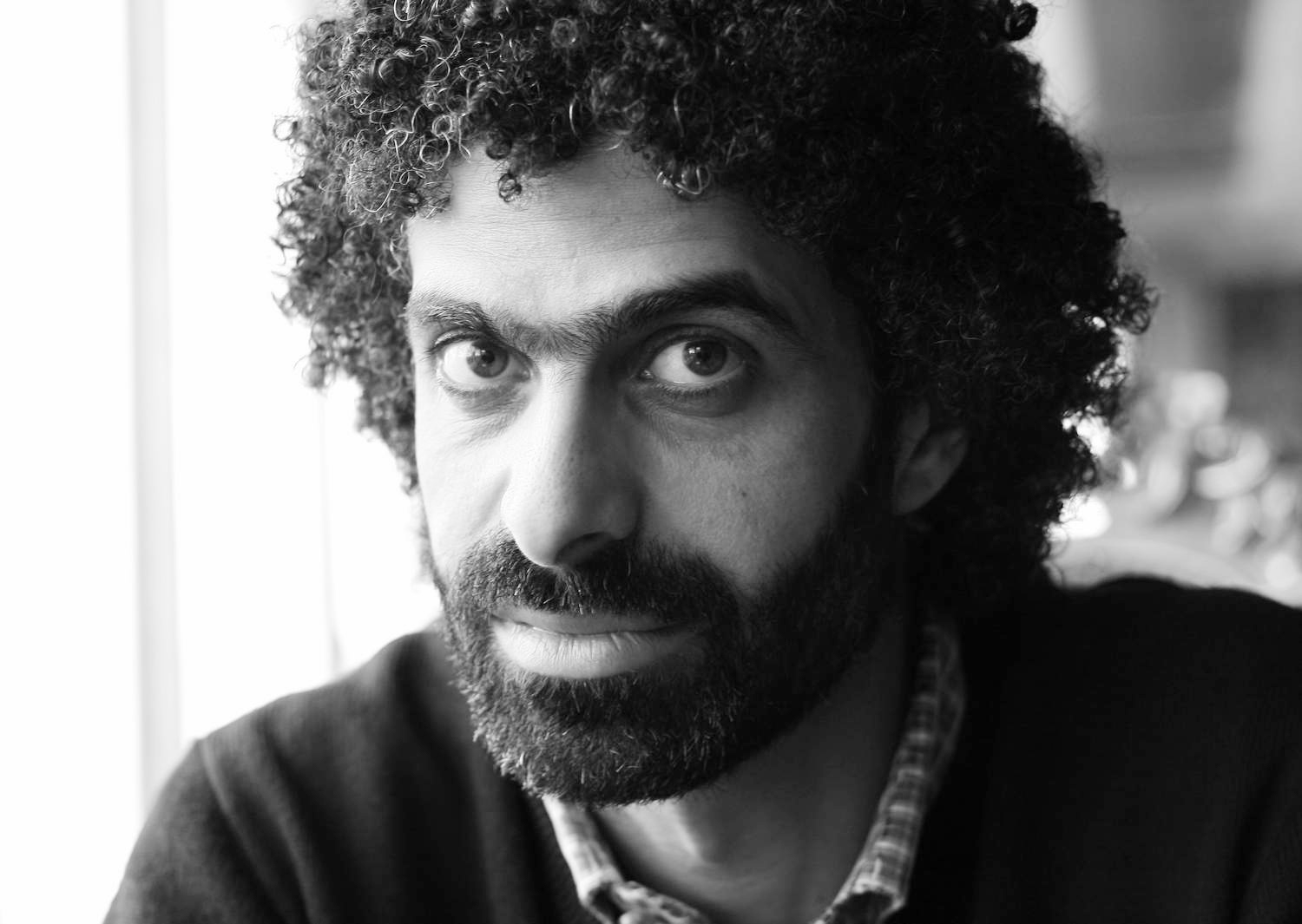By Rabab Fayad
GENEVA: What started with a desperate act by one individual four weeks ago in Tunisia, turned into a social media campaign and culminated in a revolution that ousted President Zine El Abidine Ben Ali from power after almost 30 years of rule. The revolution — a grassroots movement — was spurred by the suicide of an unemployed 26-year-old college graduate who set himself on fire after police confiscated his fruit cart.
Yet, despite moves toward government reform that seemed impossible only weeks ago, scepticism over the outcome of the revolution has already begun spreading both inside and outside the country. As Tunisians try to determine the best way forward, it is critical for the United States to consider how it can best provide assistance without delegitimizing what is a home grown movement in Tunisia.
The events of the past month have effected broad change in a short period of time: the country rotated through three leaders in three days, with officials working to create an inclusive supervisory council to help guide the country toward elections and the formation of a new government.
Yet, in Tunisia — and in the streets of Cairo, Tripoli and Algiers — people feel there is a possibility that Ben Ali’s ruling Constitutional Democratic Rally (RCD) party could return to power following the elections. This skepticism is based on their experiences with authoritarian governments — governments that have exhibited strong staying power despite citizen discontent. Although some analysts predicted that the Tunisian revolution could have a domino effect in the region, citizens of neighboring states expect that their governments will crack down on demonstrations and social media outlets to prevent a similar, Tunisian-style revolution.
And authoritarian crackdowns are not the only reason that Tunisia’s unrest may not cross these countries’ borders. The circumstances surrounding the Tunisian revolution are unique: internally-driven and secular, the uprising was a grassroots movement driven completely by the Tunisian people, not by any political party or religious group.
Still, this situation in Tunisia has created an opportunity for US President Barack Obama’s Administration to not only support a country in the throes of democratic transition but to bolster the United States’ image throughout the region. To this end, the Administration should focus on providing support and resources for economic development, rather than aligning itself with a political faction or providing resources for political development.
Obama should announce increased, and more focused, economic support targeting job creation and sustainable growth for countries, such as Tunisia, that are taking steps toward greater political freedom. Providing greater aid to Tunisia — a “democracy bonus” — would not only help Tunisia battle some of its economic ills, but it would be a powerful signal to people in the region that the United States supports their economic and political aspirations. Focusing on economic assistance as opposed to political alliances would be a way for the Administration to provide support for a democratic movement while enabling these movements to maintain their independence from outside influence, and thus their legitimacy.
Specifically, the United States should work with the new Tunisian government to establish policies that combat corruption and promote investment and entrepreneurship. Progress in terms of employment and investment will resonate strongly in the region, which requires 100 million new jobs by 2020 to curb the massive unemployment rate, currently the highest in the world.
The US Middle East Partnership Initiative (MEPI) — a program designed to engage with the people of the Middle East — has a presence in Tunisia, but its programming is split between support of political and economic development. In order to help Tunisia to effectively help itself, it should focus its resources on the latter.
By supporting progress in Tunisia through economic aid, the United States will help not only to sustain the momentum of any political reforms, but also to improve perceptions of the United States in the region — a necessity for basic elements of US national security. The image of a country dedicated to upholding its values of democracy and fulfilling the promise Obama made in his 2009 speech in Cairo to support “justice and prosperity” is one Washington can achieve.
Rabab Fayad is a foreign relations analyst in Geneva, Switzerland. This article was written for the Common Ground News Service (CGNews), www.commongroundnews.org.


